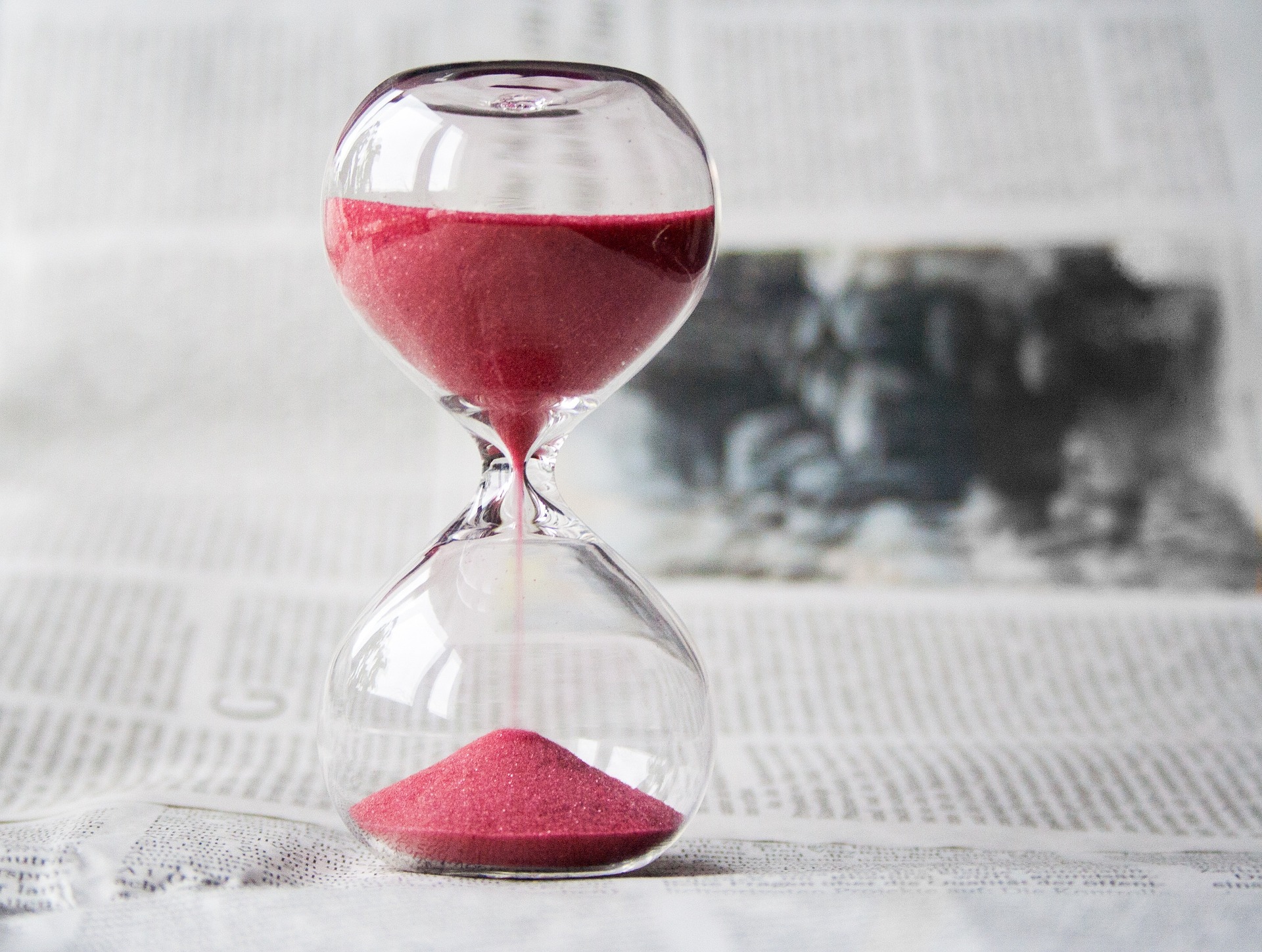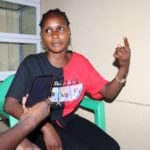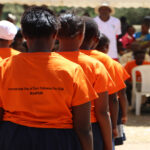When the philosopher, Cicero, said, “The face is a picture of the mind with the eyes as its interpreter.” This interpretation felt most relevant this year as the camera soon became our strongest and most distinguished voice. It served as the tool for how we expressed ourselves, and it was by our side during all the blissful moments.
Communication takes place through gestures with our eyes. With a smile or a frown, our faces can effortlessly communicate to others how we’re feeling. These are the grammar and syntax of our eye language. They are telling that relates an inner thought or belief that allows us to communicate without spoken language. We understood this complex intimate relationship between the photographer and the subject through the lens as an extension of our eyes.
Instead of having our notebooks open, and pens clicking, we thought it wise to reflect 2022 in photos

This year 16 grantee partners were selected in consultation with stakeholders in the end FGM/C movement at the grassroots and county level in Isiolo and Narok counties, Kenya. The Girl Generation grant mechanism provides bespoke funding and capacity-building support to each grantee partner shifting the decision-making power around the allocation of grants to the local level, and FGM/C champions. This approach was informed by a review of promising practices in participatory and feminist grand-making.
Chief Reson, from Suswa in Narok County, who was also part of the TGG Grants panel in Narok had this to say, “the grants given to grassroots organizations will enable them to reach the most remote areas and educate the girls about the illegality of FGM/. Girls will now be more enlightened enabling them to complete their education and pursue their dreams.”

The Girl Generation in collaboration with AfyaAfrika showcased the Scars to Stars Project during the TGG Festival. The portrait exhibition featured FGM/C survivors seeking to broaden public awareness to create a new positive dialogue about ending FGM/C. The exhibition aimed at giving exposure to the rights of girls and women and providing them with a platform to become agents of change. The exhibition featured young survivors of FGM/C with many working at grassroots levels in their communities.
Binti from Tanzania said, “Let’s encourage girls to speak up against harmful cultural practices they face in their communities while connecting them with platforms and young women they can look up to as positive role models.”

During the Sub-Regional Workshop on the evaluation of Senegal’s political and strategic commitments to abandon FGM/C, young leaders gathered to advocate for a revision of the law prohibiting FGM/C to the members of parliament. The objective was to protect girls and put to an end the complicity that allows FGM/C practitioners to evade legal consequences. According to Amych Ly: “The law No. 99-05 of January 29, 1999, must be enforced rigorously as many cases of FGM/C go unpunished. Sanctions need to be applied to deter excisors.”

Nothing warms our heart than a listening ear. These Samburu women braved the scorching sun in Oldonyiro as they listened keenly to the Anti-FGM/C messages being shared as we commemorated the 16 Days of Activism against gender-based violence.FGM is the root of other forms of violence against girls, as they are forced to get married at a young age and denied their right to education. It is at the community level that we must create opportunities for men and women to play a visible and active role in leading dialogues and challenging social and gender norms.

The Girl Generation, through ActionAid Senegal a consortium partner, actively involves vulnerable girls and women in the creation of essential advocacy messaging for our communication materials in the fight against FGM/C.
Engaging vulnerable women and girls in the development of communication tools not only boosts their confidence and self-esteem but also empowers them to have a strong voice in the battle against FGM/C. Their invaluable expertise aids in crafting messages that deeply resonate with community members, resulting in more impactful and targeted awareness campaigns.
Dienabou Sow, a survivor and president of the girls’ club in Koussanar, stressed the importance of their involvement: “We are the most qualified to shape key messaging and select appropriate imagery for our Information Education and Communication (IEC) materials. We possess firsthand knowledge of the practice and the social context within our communities.”

Our happiness is derived from the number of girls and women who have been given the power to stand against FGM/C. “My livelihood has been dependent on performing excision on girls and I would make a lot of money during the school holidays,” says Muteno. “But after taking part in educational campaigns I have come to regret it. FGM/C denies girls a chance to enjoy their sexuality and exposes them to early marriages.”
With the help of the local administration and traditional leaders, excises can down their tools and join the fight to end FGM/C. Indeed, we can’t change the whole world, but we can change the world of a girl for good! We must break the silence and speak up for those who can’t create a world safe for women and girls to live freely without fear!

ActionAid Senegal, a consortium partner of The Girl Generation, organizes sharing spaces on Female Genital Mutilation (FGM/C) in Tambacounda, bringing together women leaders, champions, former excisors, and religious leaders. In order to demonstrate to practitioners of excision that this practice is not religious, Imam Ba raises awareness about FGM based on the Quran. He states, “No daughter of our beloved Prophet has been subjected to excision, and no verse in the Quran mentions FGM.” “Prophet Mohammed (PSL) advocated for the protection of women’s rights and dignity, discouraging all forms of violence or mutilation against them.”

Isiolo County has faced a myriad of compounding challenges due to insecurity, cattle rustling, banditry, and climate change-induced drought. Amid all this, the men have chosen to take a stand and join the End FGM Movement. By organizing football tournaments, road shows, debates amongst the youth and even mental health programs among survivors, Men4Change are slowly liberating the communities in Isiolo.
It is important to understand the role of men and boys in ending FGM/C at the grass-root level.FGM/C is not women -a girls-only issue, but it affects everyone. We need men and boys to use their voices and join the conversation to challenge the set stereotypes and call out those who normalize the practice.



